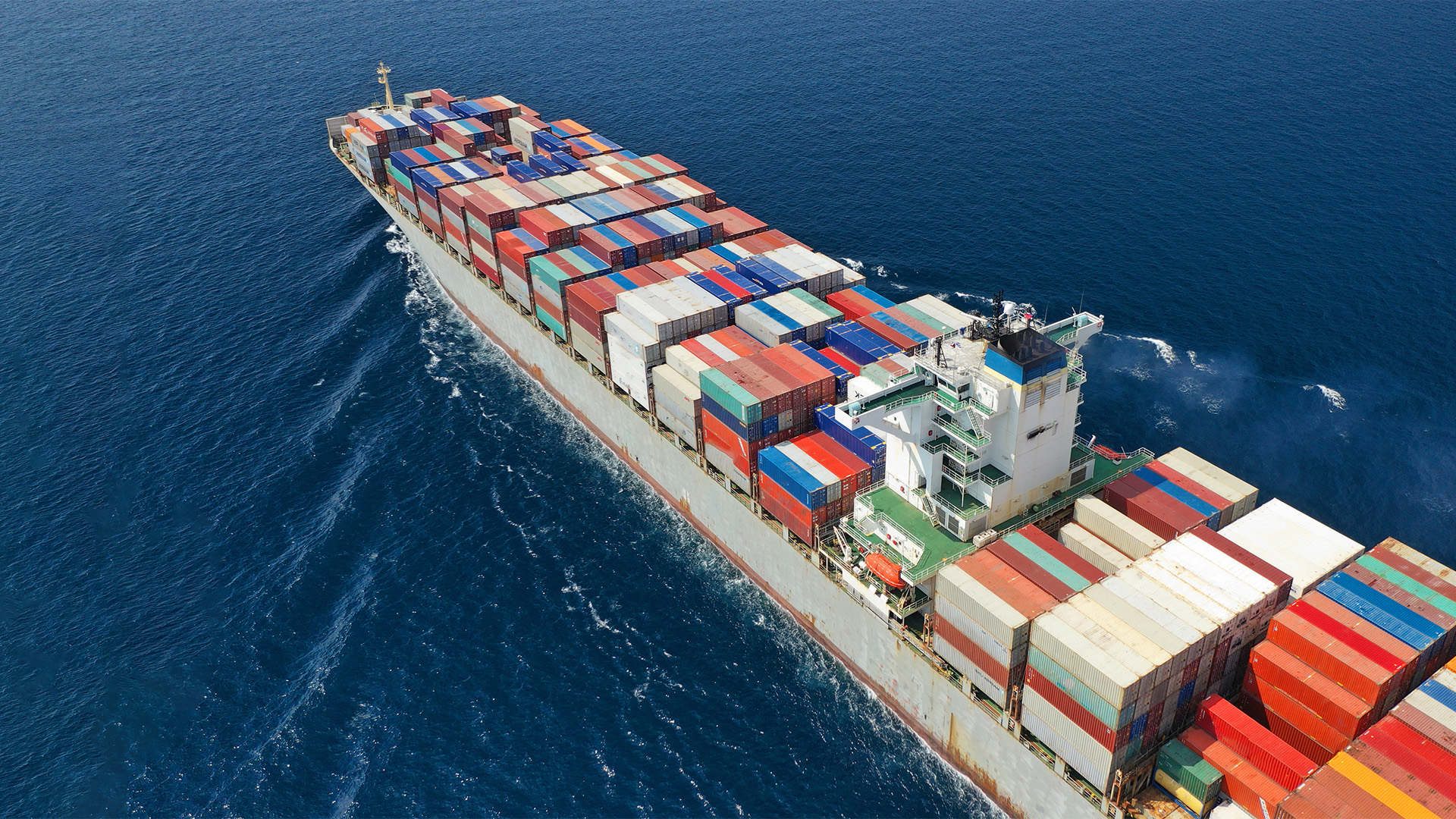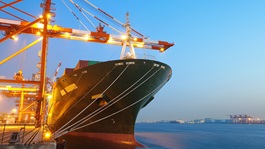On 9 April 2025, in MSC Mediterranean Shipping Company SA v Conti 11 Container Schiffahrts-GmbH & Co KG MS “MSC Flaminia”, the UK Supreme Court held that a charterer can in principle limit its liability under the 1976 Limitation Convention (the Convention) for a claim brought by the owner.
Background
In July 2012, owing to cargo containing a chemical prone to self-reaction, a fire broke out on “MSC Flaminia”, resulting in the death of a number of crew members and extensive damage to the vessel and its cargo. The owner, Conti (the Owner), faced substantial financial losses in relation to removal of firefighting water and residual waste, payments to national authorities for environment protective measures and related to cargo discharge and decontamination. In 2021, the Owner successfully obtained an arbitration award of approximately US$200 million in damages from the charterer, MSC Mediterranean Shipping Company SA (MSC, or the Charterer) and in turn, MSC sought to limit its liability to £28.2 million pursuant to the Convention.
Limited liability is a well-established principle of maritime law; however, it is an equally well-established principle that there is no right to limit liability for damage to the ship itself. Article 1 of the Convention defines “shipowner” as “the owner, charterer, manager, or operator of a seagoing ship”. Article 2 of the Convention does however allow for a shipowner’s (as defined) to limit its liability in respect of certain types of claims. As is relevant to the case:
- Claims for damage to property occurring on board or in direct connection with the operation of the ship (Article 2.1(a));
- Claims in respect of the removal, destruction or the rendering harmless of the cargo of the ship (Article 2.1(e)); and
- Claims of a person other than the person liable in respect of measures taken in order to avert or minimise loss (Article 2.1(f)).
Issues
This case examined two questions. Firstly, whether the Convention permits a charterer to limit its liability for claims made by the owner and relating to losses largely sustained by the owner itself, and secondly, whether the claims made by the shipowner in the case fall within Article 2.1 of the Convention and if so, whether the fact that they result from damage to the vessel means that there is no right to limitation.
Judgement
Regarding the first issue, the Supreme Court held that the Convention encourages equitable treatment of all parties defined as “shipowner” and did not support the Owner’s argument that a charterer is prevented from limiting its liability for claims falling within Article 2.1 where the losses are suffered by the owner of the ship.
The second issue was dealt with by breaking down each category of expense claimed by the Owner and analysing against the categories set out in Article 2.1 of the Convention. The removal of firefighting water and of residual waste as well as payments to national authorities were all held to be expenses required to enable repair to the vessel and therefore were not subject to a limit by the Charterer within Article 2.1 of the Convention. However, the court held that the costs related to discharge and decontamination of the cargo fell within Article 2.1(e) of the Convention, and therefore were subject to a limit.
The full judgment can be found here.




